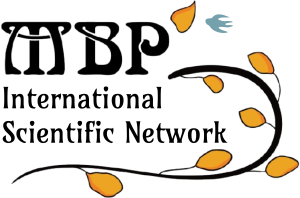MBP International Scientific Network
Denise BELLOTTI
Assistant professor
Research Activities
The scientific activity ranges from analytical chemistry to biological inorganic chemistry and mainly focuses on metal coordination chemistry in aqueous solution and thermodynamic aspects of complex-formation equilibria. The main scientific interests concern the study of metal interactions in biological relevant and/or pharmacological systems. The research activity includes the study of metal homeostasis in pathogenic species, the interaction of metals with natural or synthetic peptides (in particular antimicrobial peptides), the role of metals in the development of neurodegenerative phenomena and the study of model systems that mimic the in vivo formation and activity of metal-proteins or of metal complexes with possible therapeutic, diagnostic imaging, and environmental application.
Examples of scientific results include the characterization of the metal binding sites of metal-transporters and metallophores from Candida albicans, Escherichia coli, Salmonella enterica, Helicobacter pylori and of antimicrobial peptides (e.g. human calcitermin), in order to elucidate the structure and bioinorganic chemistry of their formed metal complexes and correlate the metal chelating properties with their biological function.
Expertise
Equilibria and chemical thermodynamics in solution;thermodynamics of metal-complex formation; spectrophotometry; circular dichroism; EPR; high-resolution mass spectrometry; stability of peptide and metal-complexes in biological fluids; HPLC; isoperibolic calorimetryResearch Areas
Metal-binding Peptides in Health and Diseases Ecotoxicology & EnvironmentAffiliations
- Department of Chemical, Pharmaceutical and Agricultural Sciences – University of Ferrara\" Ferrara, Italy
